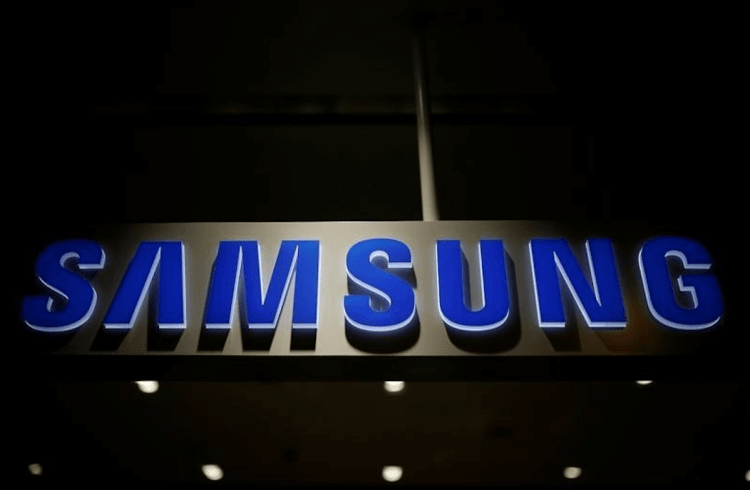Samsung today released the first preview of Visual Studio Tools for Tizen. In addition to using HTML5 and C, Tizen developers can now build apps in .NET. Samsung also promises to contribute related source code to the Tizen and .NET open source projects.
Tizen is an operating system developed by Intel, The Linux Foundation, and Samsung. It’s an alternative to Android that powers more than 50 million Samsung devices, including TVs, wearables, tablets, smartphones, and so on.
To be clear, .NET is not becoming the default platform for building Tizen apps. Samsung is simply giving developers a third option.

June 5th: The AI Audit in NYC
Join us next week in NYC to engage with top executive leaders, delving into strategies for auditing AI models to ensure fairness, optimal performance, and ethical compliance across diverse organizations. Secure your attendance for this exclusive invite-only event.
The first preview released today only supports app development for mobile devices. Developers have access to device emulators and an extension to Visual Studio with full IntelliSense and debugging capabilities. Support for Smart TVs, wearables, and other IoT devices will be added “in future releases.”
“.NET is going to be one of the main options for developers to build Tizen apps,” Samsung software engineer Hong-Seok Kim told VentureBeat. “Note that Tizen currently supports Web and C APIs. Each framework comes with its own strengths, and we encourage developers to choose the best one that meets their needs. This flexibility is especially important for Tizen and Samsung to support a wide range of devices and developers. Looking forward, we believe flexibility and adaptiveness of Tizen will become essential for Samsung and the industry to fulfill the promise of IoT.”
Again, these tools are only available in preview today. Samsung is aiming for general availability sometime in 2017.

